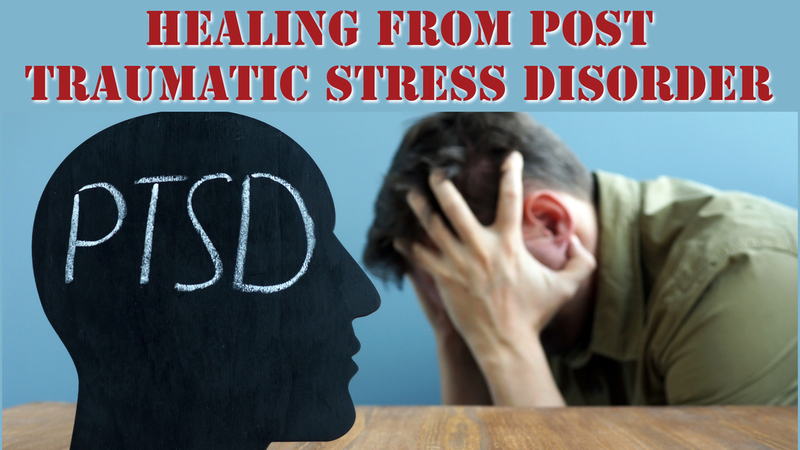
What is now called PTSD has long been observed in soldiers returning from war. It was called shell shock in World War I and battle fatigue in world war II. PTSD is a mental health problem associated with people who have witnessed or participated in terrifying events. It is the ongoing effects of the trauma the person experienced because of the event.
There are four main categories of symptoms experienced by someone suffering from PTSD. If you, or someone you know, is experiencing these symptoms following a traumatic event, they may have PTSD.
The first is intrusive memories. These are recurrent distressing memories of the event that continually come, unwanted, into a person’s mind. The person may relive the traumatic event as if it were happening again (flashbacks) or suffer from nightmares about it. They may also suffer severe emotional distress when something reminds them of the traumatic event.
The second group of symptoms occurs around avoidance. The person tries to avoid thinking or talking about what happened and avoids places, activity and people that remind them of the traumatic event.
The third group of symptoms involves changes in thinking or mood. This may include feeling hopeless about the future, feeling detached from family or friends, finding it difficult to experience positive emotions, feeling emotionally numb or losing interest in activities the person once enjoyed.
The final group of symptoms involve emotional and physical reactions such as being easily startled or frightened or always being on the lookout for danger. The victim of PTSD may have trouble sleeping or concentrating and may engage in self-destructive behavior, such addictions or reckless driving. They may also suffer from irritability, sudden loss of temper, or overwhelming feelings of guilt and shame.
There have been many distressing events in recent months and as a result, some people may be experiencing PTSD around those events. Fortunately, there are ways to help. We’ll discuss some of the things that can be done to help people suffering from the after affects of trauma at this months’s Herbal Hour.
Become a Member to Watch Healing from Post Traumatic Stress Disorder
Steven Horne's member program includes monthly training in natural healing techniques using herbs, nutrition, dietary supplements and lifestyle changes as well as emotional healing and other holistic techniques through our webinars, including Healing from Post Traumatic Stress Disorder.
Steven has helped thousands of people succeed with herbs and natural healing. Sign up today and gain access to his powerful, practical insights to improve your health using herbs and natural healing and to help others do the same.
Steven Horne's Member Program Benefit
Healing from Post Traumatic Stress Disorder is part of Steven Horne's Strategic Herbalist Member program.
If you are a member or have already purchased Healing from Post Traumatic Stress Disorder please log in.
Conditions
- Abuse and Trauma
- Infection (viral)
- Post Traumatic Stress Disorder
- Stress
- Viral Infection
Sunshine Sharing - Vol. 31 #8
Read this issue of Sunshine Sharing
-

Intelligent Design and Herbal Medicine January 2026 -
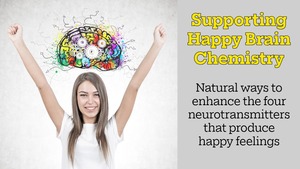
Supporting Happy Brain Chemistry January 27, 2026 6:00 pm MT -
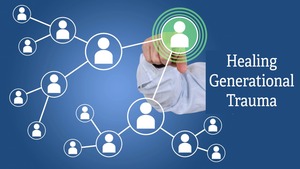
Healing Generational Trauma February 10, 2026 6:00 pm MT -
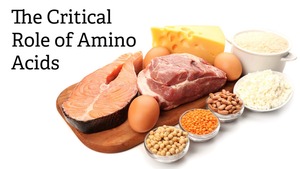
The Critical Role of Amino Acids February 24, 2026 6:00 pm MT -

Mind-Body Connections Revealed Through Iridology March 10, 2026 6:00 pm MT -
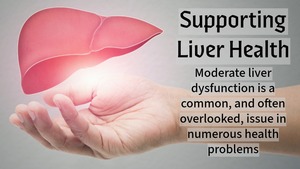
Supporting Hepatic Health March 31, 2026 6:30 pm MT





